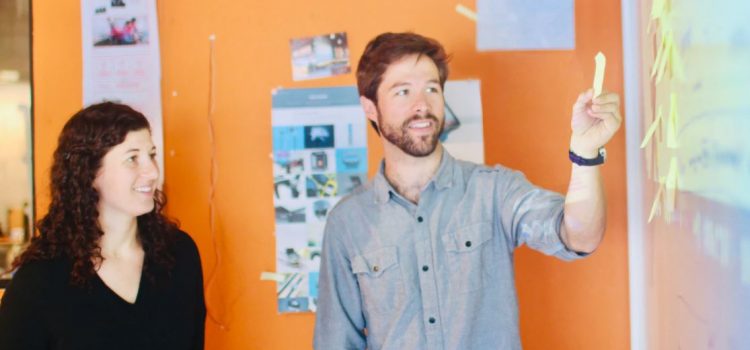When students struggle, what if we took advantage of that difficulty rather than trying to “fix” it? What’s a productive alternative to marking test answers as wrong? In Limitless Mind, math educator Jo Boaler shows that the brain is capable of learning new skills and incorporating new ideas throughout our lives and that struggling to learn and making mistakes are integral parts of cognitive growth. With this in mind, she urges us to rethink education. Keep reading to learn several education reform ideas put forth in Boaler’s book.
Education Reform Ideas: Embracing the Latest Science of Learning










